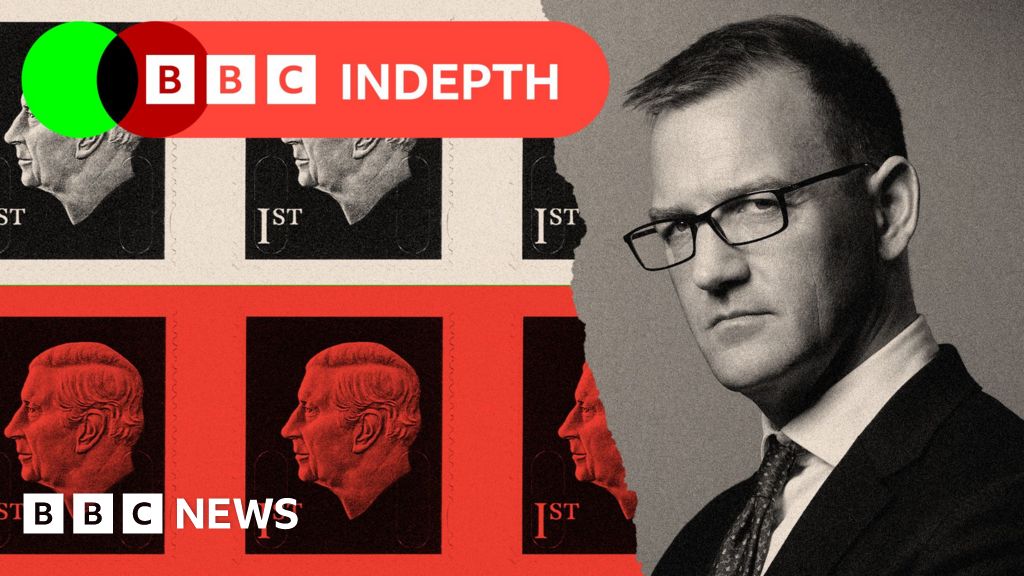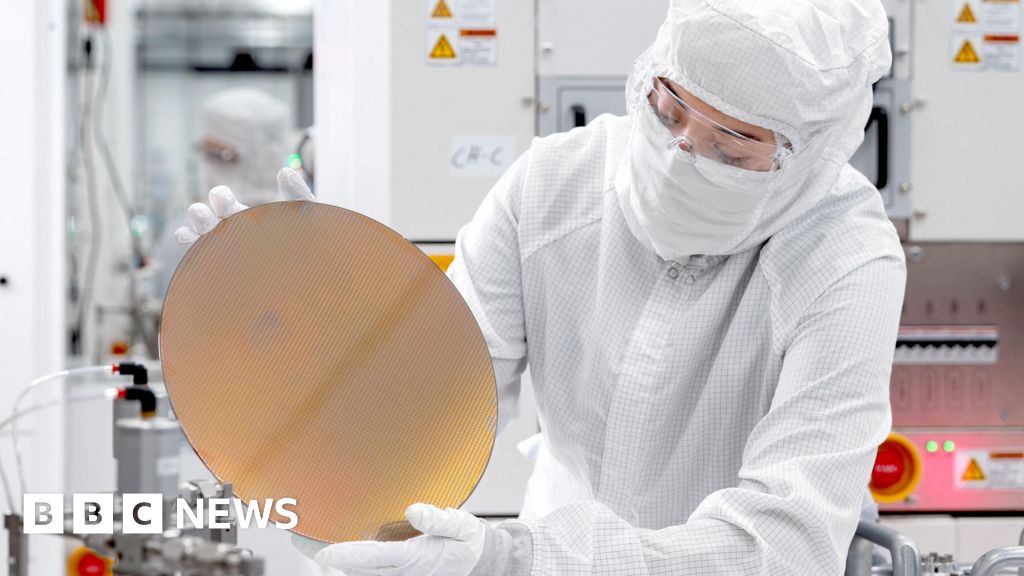Unlock the Editor’s Digest for free
Roula Khalaf, Editor of the FT, selects her favourite stories in this weekly newsletter.
UK officials are scrambling to secure access to coal and iron ore supplies to ensure Britain’s last two remaining blast furnaces stay operational after emergency legislation was passed to keep British Steel afloat.
British officials have been at the company’s Scunthorpe site since Saturday, working closely with British Steel’s local management to secure new cargoes of coke and iron ore to continue production, the Department of Business and Trade said on Monday.
The government is racing to prevent the blast furnaces cooling to the point where they can no longer run. Turning them on again is not impossible, but is a costly and lengthy process.
A shipment of coal, needed to fire up the furnaces, was docked in the port of Immingham in Lincolnshire on Sunday, having been ordered but not paid for by British Steel’s Chinese owner, Jingye Group, according to two people briefed on the situation.
Closing British Steel’s two furnaces at Scunthorpe would leave the UK as the only G20 country without the ability to make steel from scratch.
Prime Minister Sir Keir Starmer took the extraordinary step of recalling parliament on Saturday during Easter recess to pass emergency legislation allowing the UK to wrest control of operations at British Steel from Jingye.
The new law gives the government powers to control management and workers at the plant to ensure production continues.
While Jingye remains the main shareholder for now, the legislation is a key step on the road to nationalisation of British Steel.
“My team are already hard at work on the ground to keep jobs going and furnaces burning,” business secretary Jonathan Reynolds said on Monday. “We will set out a long-term plan to co-invest with the private sector to ensure steel in the UK has a bright and sustainable future.”
Reynolds said over the weekend that while his preferred option would be to find a private sector partner to help finance the transformation of British Steel, the more probable option was full nationalisation.
He said that shareholders would be paid a fair market rate in the event of nationalisation, but added: “In this case the market value is effectively zero.”
One official said there were other shipments of raw materials in transit to the UK and the government was working to ensure they arrived at the Scunthorpe plant imminently.
British Steel was also reassessing whether it was possible to reverse a decision made by Jingye executives to idle one of the furnaces on a temporary basis, one of the people familiar with the matter said.
The steelmaker’s local management was considering working with other industry players to secure raw materials.
More than a dozen businesses had offered support to the company over the past 24 hours, including Tata and Rainham Steel, according to the government.
Ministers have intervened to preserve primary steelmaking in the UK and to protect 3,500 jobs in the sector.
Reynolds was unable to confirm on Sunday that the government would definitely be able to procure enough raw materials to keep the furnaces burning.
He said the “conscious decision” by Jingye to sell existing supplies of raw materials was the significant change that required the government to step in.
Acknowledging the sensitivity of the steel industry to strategic national interests, Reynolds said: “I would not personally bring a Chinese company into our steel sector.”
Asked whether there was a “high trust bar” for Chinese companies controlling UK businesses, he said: “Yes, we have got to recognise that.”
Reynolds told Sky News that whether the government could trust Chinese companies after Jingye’s handling of British Steel would depend on which sectors they operated in.
He said: “I think we have got to be clear about what is the sort of sector where, actually, we can promote and co-operate, and ones frankly where we can’t.”
The government’s intervention has led to fresh scrutiny of the former Conservative administration’s decision to sell the UK’s last strategic steel group to a Chinese company in 2020.
Reform UK leader Nigel Farage said that Jingye was clearly “a bad actor” and criticised the Tories, telling the BBC on Sunday: “They effectively gave a strategic industry to a foreign opponent.”
Jingye did not immediately respond to a request for comment.
Credit: Source link











